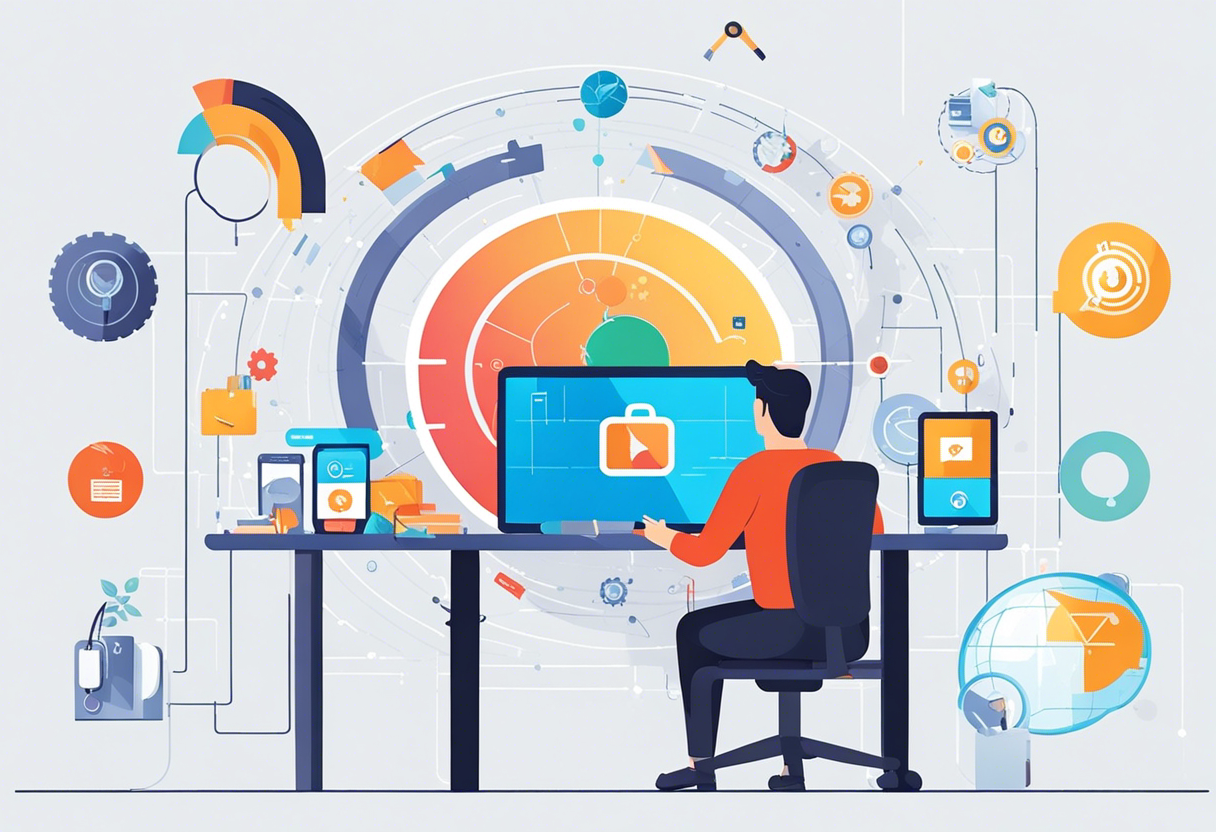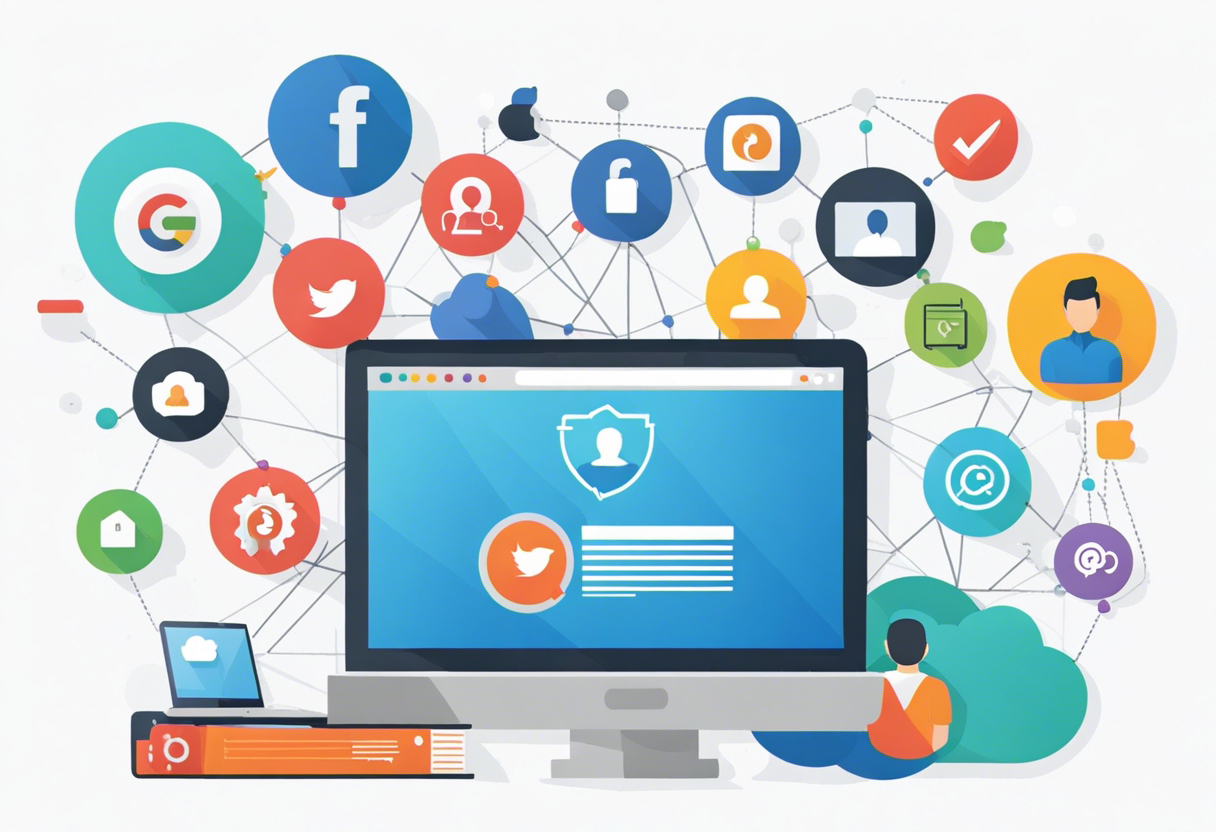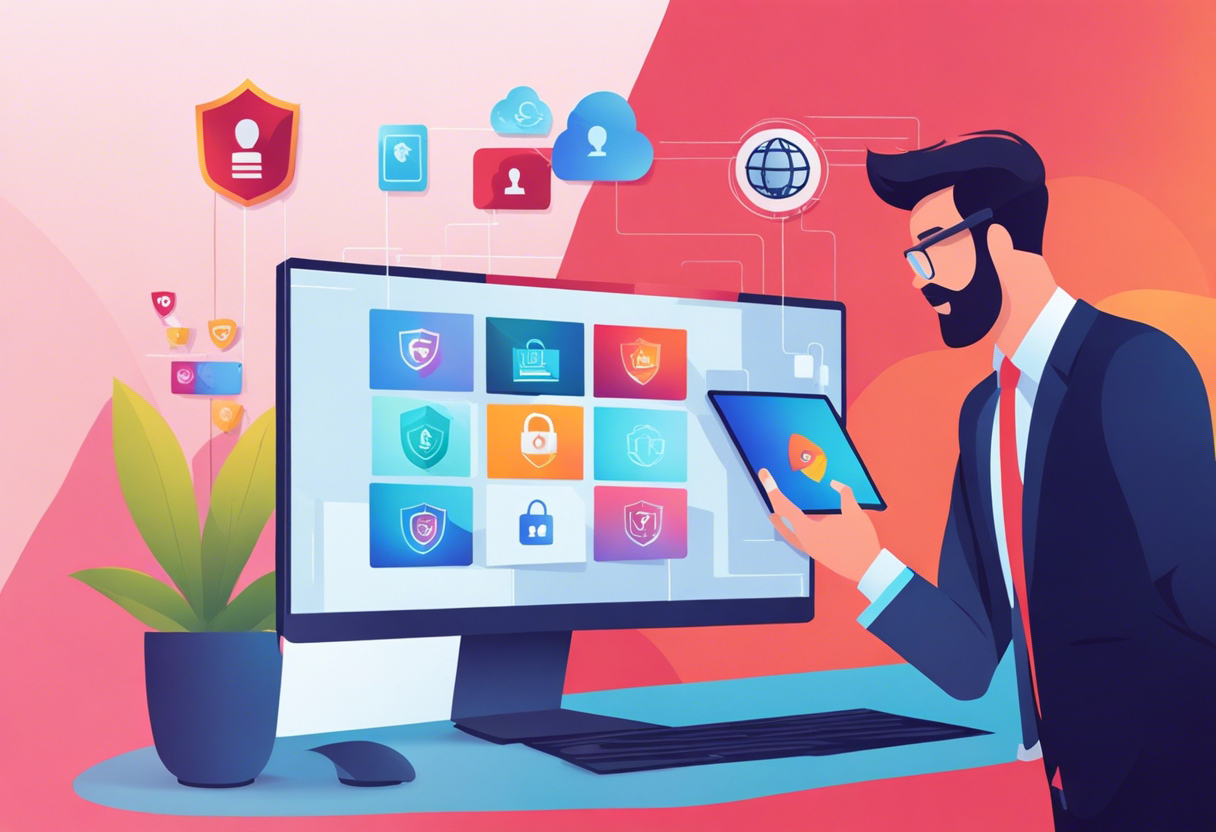Digital Marketing Courses
Embark on a journey to elevate your career and boost your earning potential by diving into the world of digital marketing. Begin your search here!
Digital Marketing Courses

After establishing effective communication, a primary prerequisite for remote work success is the development of digital dexterity. This comprises proficiency in using necessary tools, ability to adapt quickly to new technologies, and the agility to navigate through digital complexities. As technologies rapidly evolve, individuals with a high degree of digital fluency will be in great demand.
Having a strong command of relevant tools such as Office 365, Slack, Asana, or Trello is necessary, however, the ailment of digital fatigue shouldn't be underestimated. Managing numerous applications concurrently can be daunting so using tools like Zapier, which integrates separate systems, enables a more seamless and less draining workflow. Adopting a learning mindset also significantly bolsters digital dexterity, fostering the ability to quickly master new applications as they emerge.
Optimizing Online Presence

Being remote doesn't imply being invisible. Developing a strong, positive online presence is crucial to your professional reputation and advancement. This involves active engagement on social media, thought-leadership through blogs or vlogs, and contributing to online forums.
Regular posting on platforms like LinkedIn keeps your network updated about your professional progress and insights. It provides a platform for demonstrating domain expertise and thought leadership. Likewise, participating in relevant online forums or discussions can cultivate valuable professional connections. Remember, your digital footprint is a lasting, accessible record of your professional persona, and hence, must be carefully curated.
Upholding Cybersecurity Standards

With the increase in remote work comes the substantial risk of digital vulnerabilities. Therefore, robust cybersecurity is not just a choice, but a necessity. Protecting sensitive data, using secure connections, maintaining strong password hygiene, and being vigilant of phishing scams are key to ensuring digital safety.
Operating over secure networks and using VPN when necessary can shield data from potential threats. Regular software updates and strong, unique passwords for all platforms diminish the risk of breaches. Training and awareness regarding phishing scams can prevent workers from unwittingly inviting digital threats into their systems.
Promoting Wellbeing in a Digital Environment

Finally, maintaining a healthy work-life balance in a remote setting is challenging but significant. Digital wellbeing includes setting boundaries between work and personal time, practicing regular digital detox, and ensuring ergonomic setups for physical health.
Workspaces should be structured to contribute positively to posture and ease of movement, thereby preventing physical strain. Implementing clear boundaries between work and personal time helps avoid burnout. Finally, digital detox, or allocated time away from screens, can help maintain mental health.
Leveraging the Power of Digital Collaboration

A shift towards flexible, location-independent work can truly flourish when organizations harness the power of digital collaboration successfully. This involves creating a virtual environment that stimulates creativity, enhances efficiency, and promotes seamless teamwork.
Cloud-based systems streamline information sharing and collaborative efforts, resulting in higher operational efficiency. Over time, tools like MS Teams or Slack can simulate an office environment, replete with different 'rooms' for various interactions. The future of remote work lies in leveraging technology to not only work alongside one another but to truly work together, fostering a sense of unity in diversity.